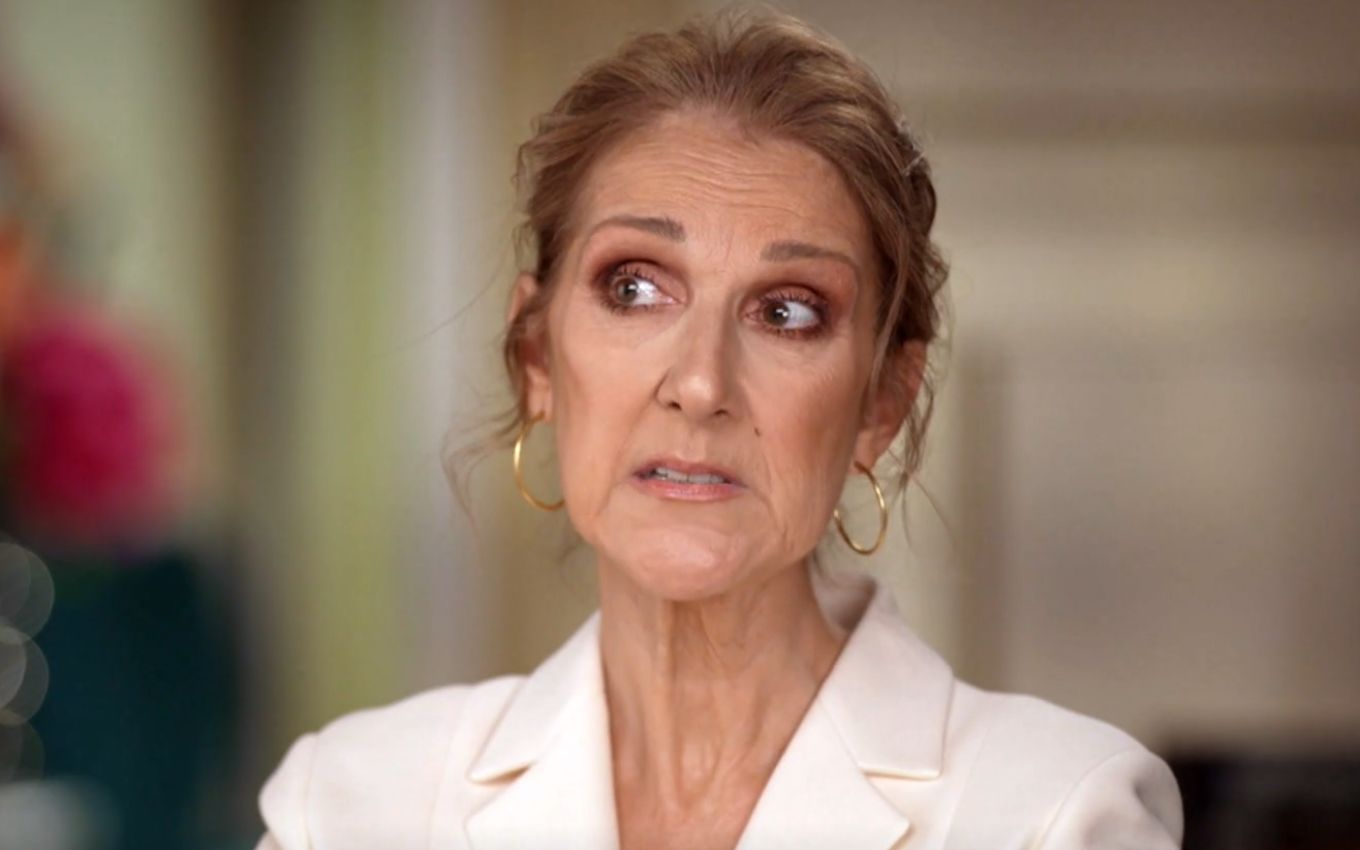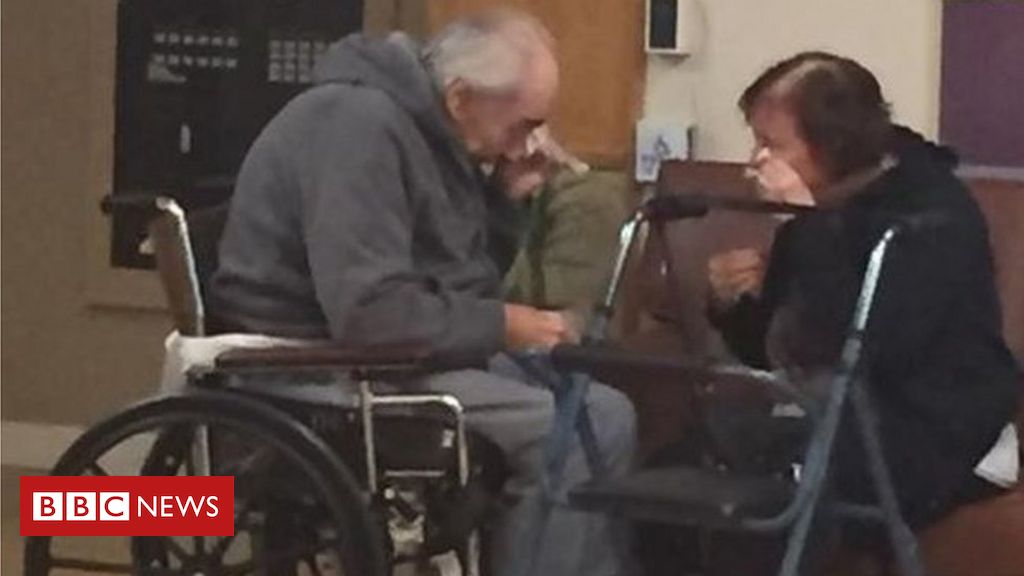On Monday (14), the Prime Minister of Canada, Justin Trudeau, invoked the emergency law to end protests against health restrictions in the country (including vaccine passports), such as those of truckers who blocked traffic at border crossings with the United States and occupied public spaces in the capital, Ottawa.
The Emergencies Act, which was invoked for the first time since its publication in 1988, can apply when an “urgent and critical situation” cannot be resolved under any other Canadian law and ” seriously endangers the life, health or safety of Canadians and is of such a proportion or nature that it exceeds the limit of a province’s capacity or authority to deal with it.
It is not yet known when these measures will be put into practice, as the declaration of emergency must be confirmed by the Canadian Parliament, but on Monday the government already indicated the paths it intends to follow.
According to the BBC, Deputy Prime Minister and Finance Minister Chrystia Freeland said banks will be able to block the accounts of anyone linked to the protests without needing a court order.
In a statement released on Monday, the Canadian government said it may “authorize or direct specific financial institutions to provide essential services to mitigate the impact of the lockdowns, including regulating and prohibiting the use of assets to finance or support lockdowns.”
Freeland also indicated that car insurance for anyone involved in the protests could also be suspended and that terrorism financing regulations in Canada will be extended to cover cryptocurrencies and crowdfunding platforms.
In Monday’s statement, the Canadian government stressed that the public order emergency, which will give the Trudeau administration extraordinary powers for 30 days if confirmed by Parliament, gives it the power to enforce d other temporary measures:
- regulate and prohibit public gatherings, including lockdowns, with the exception of legal advocacy events, protests and displays of dissent;
- regulate the use of specified goods, including goods used in locks;
- designate and secure locations where closures should be prohibited (e.g. borders, border crossings and other critical infrastructure);
- guide specific individuals to provide essential services to mitigate the impact of lockdowns on the Canadian economy;
- authorization for the Royal Canadian Mounted Police to enforce municipal and provincial laws by incorporation by reference;
- imposition of fines or imprisonment for violation of any of the measures declared under the public order emergency.
In posts on Twitter, the Canadian Civil Liberties Association criticized the Canadian government’s invocation of the emergency law. “The federal government has not reached the threshold required to invoke the Emergencies Act. This law sets the bar high and clear for a good reason: the law allows the government to circumvent ordinary democratic processes. This standard has not been met,” he said.
“Emergency legislation should not be trivialised. This threatens our democracy and civil liberties,” he added.

“Typical thinker. Unapologetic alcoholaholic. Internet fanatic. Pop culture advocate. Tv junkie.”


:strip_icc()/i.s3.glbimg.com/v1/AUTH_da025474c0c44edd99332dddb09cabe8/internal_photos/bs/2023/D/n/i7eIkcQsAB0YgsWKDQMw/whatsapp-image-2023-03-08-at-10.48.49.jpeg)




:strip_icc()/i.s3.glbimg.com/v1/AUTH_63b422c2caee4269b8b34177e8876b93/internal_photos/bs/2021/T/V/IFkavRRSSjHCBPZfqVXw/ap21313490536644.jpg)